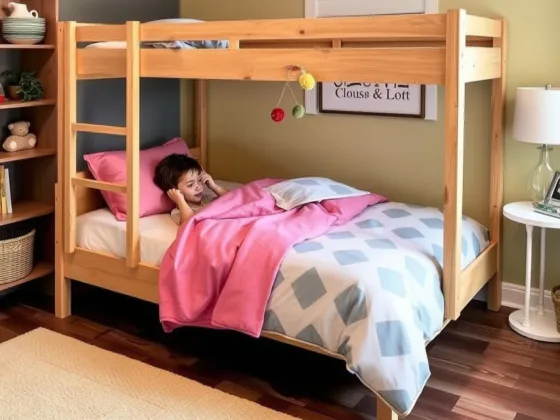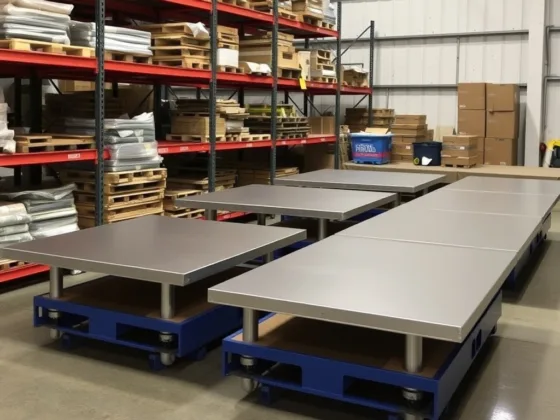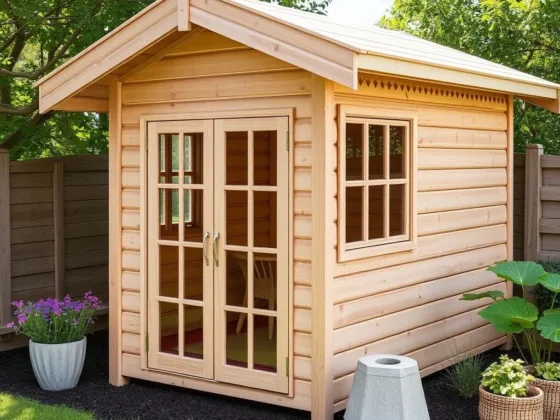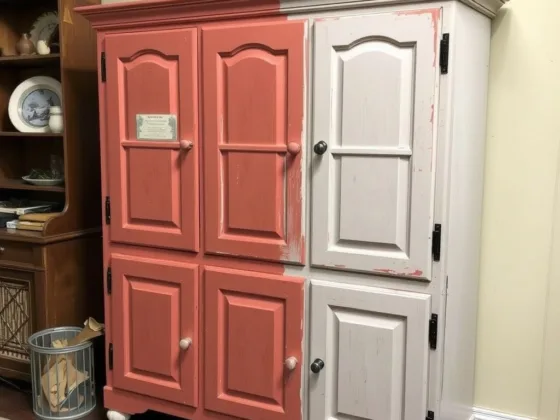Table of Contents Show
What Are the Skilled Trades?
If your passion lies in home improvement projects and you’re not satisfied with your current job (or you’re looking to change your career), you should definitely consider a career in the skilled trades.
The skilled trades profession allows you to be more hands-on in your work, but they’re also highly-skilled jobs as the name suggests.

Many people think of construction workers, HVAC technicians, or welders when they hear “skilled trades”, but there are many more examples of these types of jobs, and many that relate to home renovations and remodeling! Here are three reasons to consider a career in the skilled trades.
1. The Skilled Trades Have Some of the Highest Salaries
Many people may assume that working in the skilled trades means that you don’t earn a good living. While your annual salary depends largely on where you live, overall, many workers in the trades make annual salaries comparable to those working in other industries. Here are some examples of the average hourly and annual salaries of various trades occupations:
- HVAC (heating, ventilation, and air conditioning) Technicians make around $23.25 per hour.
- Plumbers make around $24.58 per hour.
- Electricians make around $24.83 per hour.
- Boilermakers make around $27.18 per hour.
- Home Inspectors make around $56,000 per year.
- Construction managers make around $84,000 per year.
Longevity in the field may also play a role in the salaries of skilled tradesmen and women. You also have the option to start your own residential contracting business, where you hire subcontractors (such as carpenters, plumbers, and electricians) to help you with your home improvement projects for your clients.
2. It’s Easy to Get Started and Takes Less than 4 Years
It’s fairly easy to get started in the skilled trades. First, decide on what type of trade you’d like to do (i.e., general contracting, carpentry, landscaping, etc.), and then search for a degree program.
Many degree programs are vocational programs, meaning that you’ll receive a lot of on-the-job training and that you’ll be able to complete the program in two or three years.
Some programs may also require you to complete an apprenticeship, which can be as a part of your program or after your program. Once you’ve completed all of your training you’ll be certified to work in your chosen field.
Keep in mind that once you’ve become licensed, you’ll have to renew your license every so often to continue working in your trade. Licensing requirements vary by state and sometimes even by city, so it’s important to ensure that you’re properly licensed to work in a specific area.
You’ll learn more about your licensing requirements during your studies and training so you’ll know exactly what you need to do in order to legally work on a home.
Read Also:
3. You’ll Be Qualified to Do Your Home Projects on Your Own
As a freelance general contractor, you’ll be able to take on home improvement projects at your leisure, and you’ll also be able to work on your own home projects in your downtime
. Is it time to turn your basement into a family room? You now have the knowledge, expertise, and resources to make it happen! Ready to add on that new addition to your home? Your training as a contractor has now given you the knowledge of building codes and safety regulations in order to make that dream a reality.
Remember that you should only perform the work that you’re qualified and licensed to do. This means that if you studied general contracting, you may not have all of the expertise of an electrician or plumber to fully convert your basement into an additional living space.
However, working in the trades connects you to other tradesmen and women who do have this expertise, so you’ll know who to call to help you with your home remodels.
If this is a career field that interests you, you should definitely go for it. Becoming a skilled trades professional doesn’t take long, you’re able to earn a comfortable salary, and you’ll be doing what you love as a career.










